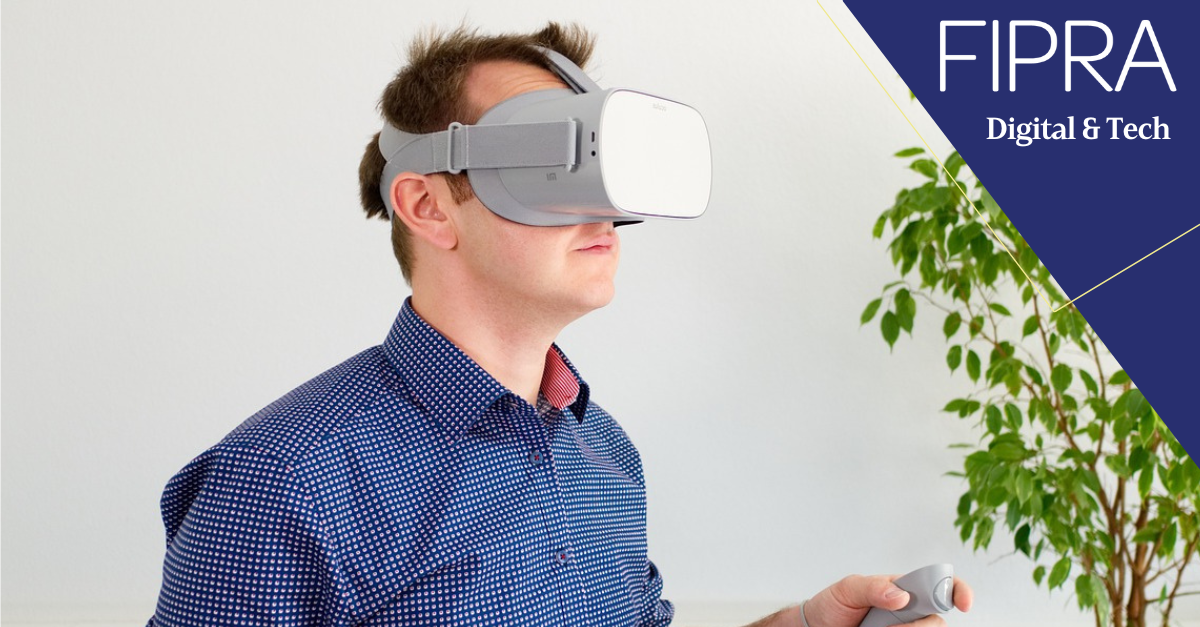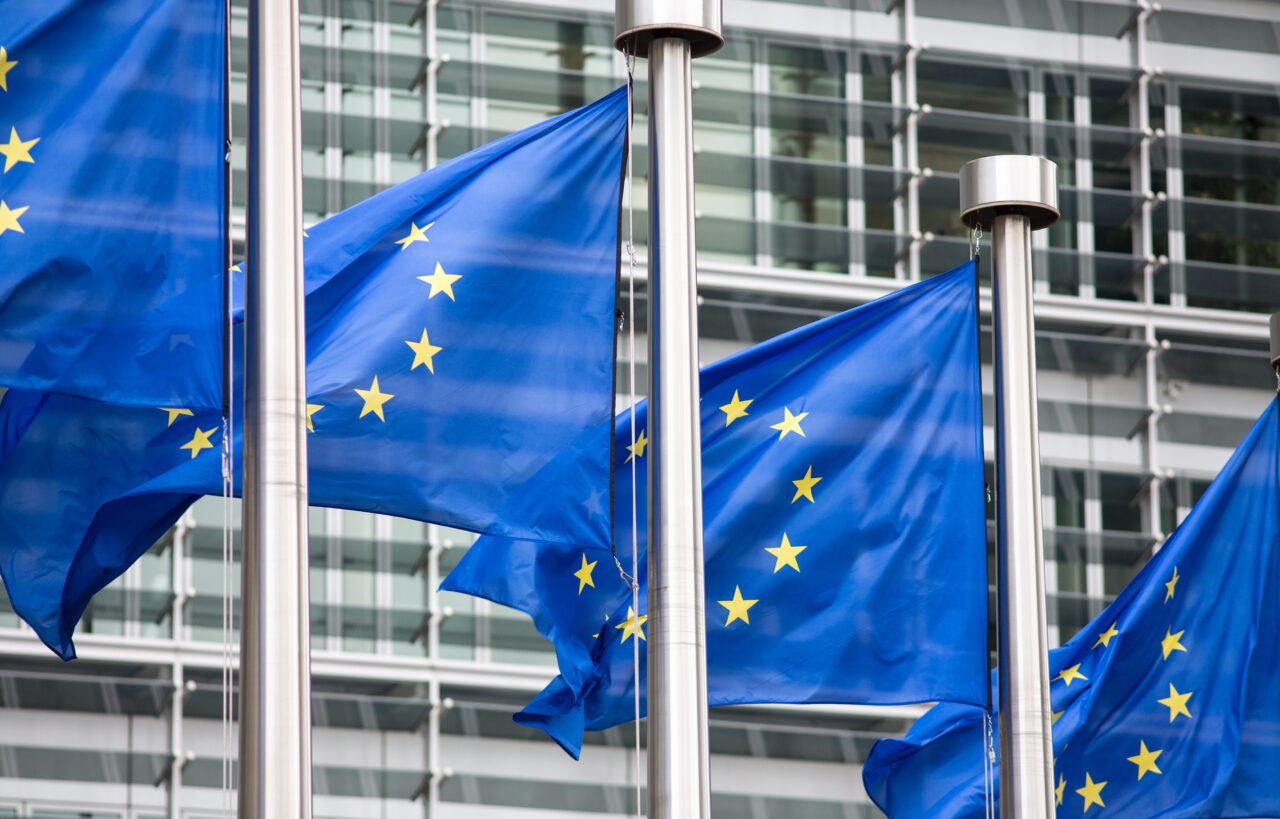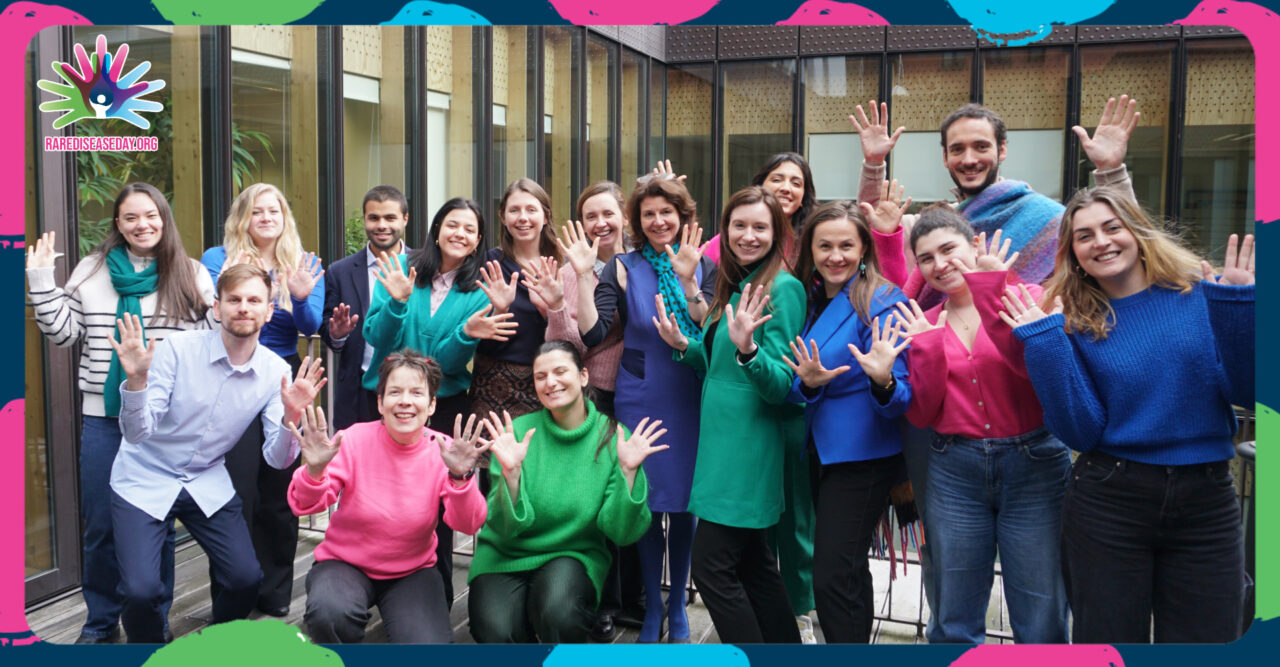policy impact with FIPRA
European Commission’s Initiative on Web 4.0 and Virtual Worlds: a head start in the next technological transition

In its recent Communication on the long-term competitiveness of the European Union, the European Commission has recognised Web 4.0 as a crucial technology for achieving a future where seamless integration is widespread. Building upon the Communication, the European Council has emphasised in its Conclusions from 23 March the importance of the EU pursuing a leading position in the realm of Web 4.0.
In response, the European Commission has unveiled a comprehensive strategy to harness the potential of Web 4.0 and virtual worlds, while protecting fundamental rights, promoting European businesses, and empowering users. The Communication prioritises open and distributed technologies, sustainability, and interoperability, and is coherent with the objectives outlined in the Digital Decade policy programme, specifically focusing on three key areas: skills, business, and government.
The overarching objective is for the EU to assume a prominent position in the emerging Web 4.0 markets. The current global market for virtual worlds is valued at €27 billion, and it is projected to reach €800 billion by 2030. As a result, the extended reality sector in Europe is expected to generate approximately 860,000 new jobs by 2025. As has been the case for similar strategies on new technologies (like artificial intelligence, for example) the Communication might be followed by a policy proposal in the future.

Source: European Commission
Strategy and Proposed Actions
The strategy presents a multifaceted approach to address the challenges and opportunities of virtual worlds. It builds on four key “strategic pillars” – each of which relates to a set of actions to reach the objectives they present.
- Empowering People and Reinforcing Skills: Foster awareness, access to reliable information, and build a talent pool of virtual world specialists. Develop guiding principles, a citizen toolbox, and support skills development through funding programmes.
- Business: Support a European Web 4.0 industrial ecosystem, address fragmentation, and promote excellence. Propose a Partnership on Virtual Worlds, support creators and media companies, facilitate collaboration, and develop regulatory sandboxes.
- Government: Support societal progress and virtual public services. Invest in initiatives including Destination Earth, Digital Twins, and launch flagship projects like “CitiVerse” and a European Virtual Human Twin for city planning, precision applications, clinical decisions, and treatment.
- Shaping Global Standards: Ensure open and interoperable virtual worlds and Web 4.0. Engage with global stakeholders, promote EU-aligned standards, and prevent any monopolistic-like control by a small number of players.
The Communication defines Web 4.0 as the anticipated fourth generation of the World Wide Web. Utilising advanced artificial and ambient intelligence, the internet of things, trusted blockchain transactions, virtual worlds and XR capabilities, digital and real objects and environments are fully integrated and communicate with each other, enabling truly intuitive, immersive experiences, seamlessly blending the physical and digital worlds.
The strategy also emphasises the importance of regulatory sandboxes, innovation-friendly regulations, and cooperative models.
Opportunities and Challenges
The Commission recognises the unprecedented opportunities that virtual worlds provide for societal progress, including improved healthcare services, education, and cultural experiences. Industrial sectors can benefit from enhanced design, testing, and optimisation processes, leading to increased efficiency and sustainability.
Challenges identified encompass data protection, disinformation, and cybercrime – which must be effectively tackled. The strategy acknowledges the need to balance economic opportunities with fundamental rights, environmental impact, and fair competition.
Governance and Monitoring
The EU intends to establish a multi-stakeholder governance process to address essential aspects of virtual worlds and Web 4.0 beyond existing Internet governance institutions.
An expert group aimed at facilitating collaboration among Member States will be set up in the fourth quarter of 2023. The group will focus on sharing common approaches and best practices for the development of virtual worlds and the wider technological transition to Web 4.0.
Additionally, a separate technical multi-stakeholder forum will be created in the first quarter of 2024 to address issues that extend beyond the scope of existing Internet governance bodies.
Continuous monitoring will ensure well-informed decision-making, identify emerging practices, and tackle challenges related to ethics, well-being, and fundamental rights.
How FIPRA Can Support Your Business
At FIPRA, we understand the importance of staying informed about new policy and legislative developments at the EU and national levels.
We provide valuable insights and expertise on processes and content related to the European Commission’s strategy on Web 4.0 and virtual worlds and the wider Commission’s digital agenda. At FIPRA, we can assist your organisation in comprehending the implications for your business operations, identifying competitive advantages as an early adopter, and advocating for your interests among relevant stakeholders.
By aligning with the European Commission’s strategy on Web 4.0 and virtual worlds, businesses can embrace the future of technology, contribute to sustainable growth, and seize new opportunities in the digital landscape.
By Stephen Crisp and Giacomo Pizza.
For more information get in touch with Stephen Crisp here


